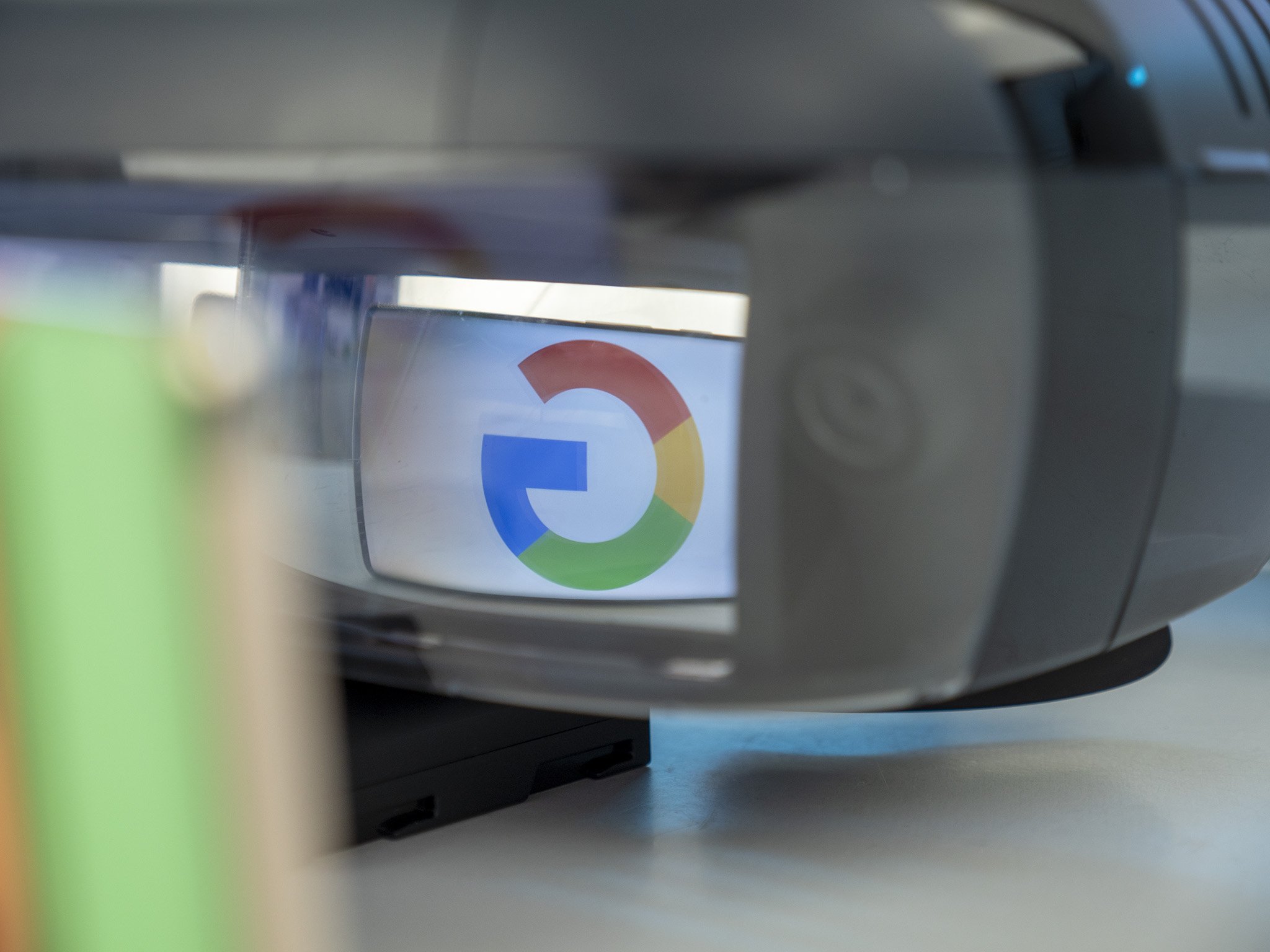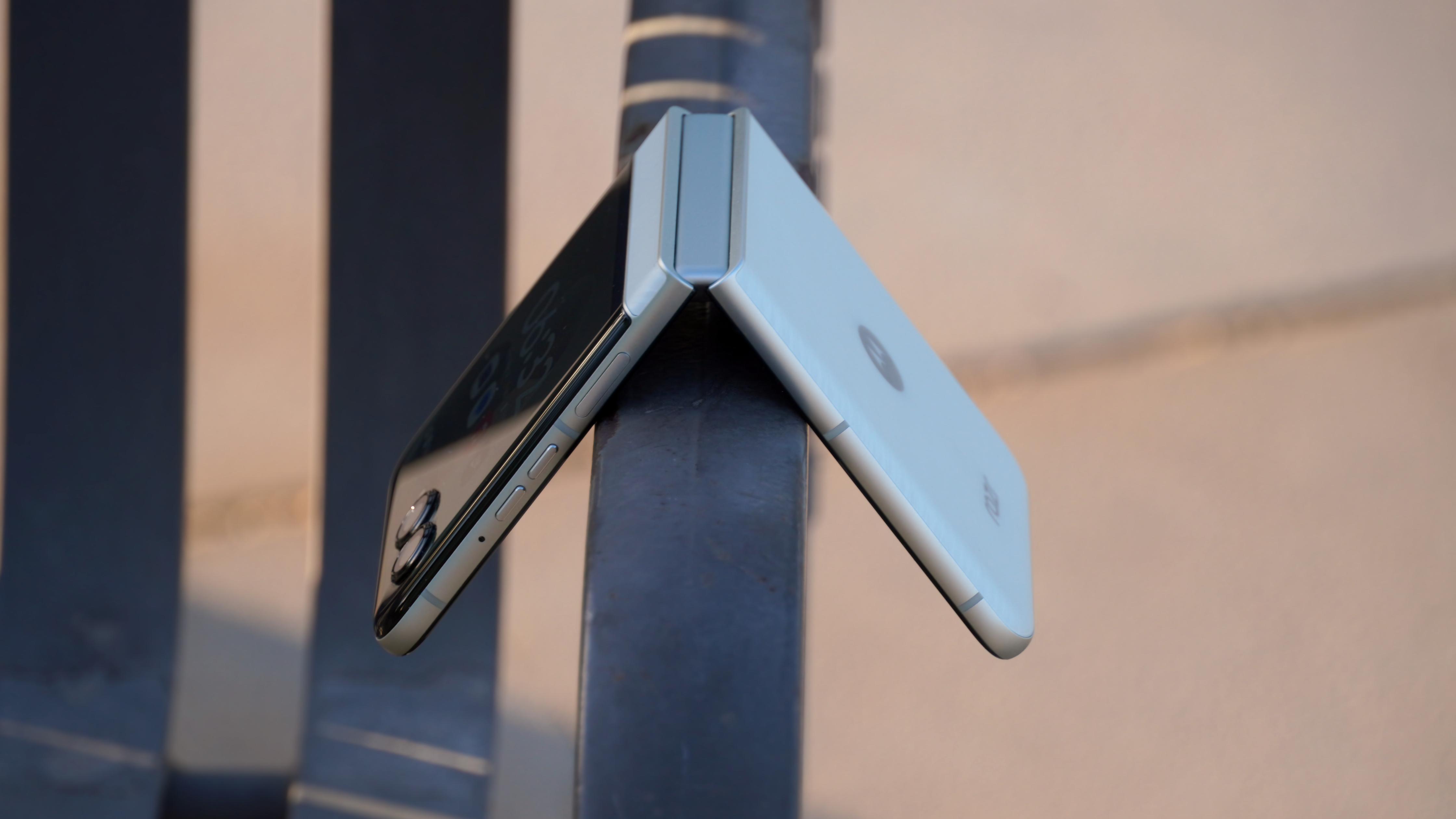Google is reportedly buying MicroLED display maker Raxium for its AR push
The search giant is fueling its AR ambition with a new acquisition

What you need to know
- Google is said to be paying potentially $1 billion to acquire MicroLED display manufacturer Raxium.
- The deal is seen as a part of Google's growing interest in augmented and mixed reality devices.
- MicroLED displays are regarded as a viable solution to key energy-efficiency challenges in AR and MR display manufacturing.
Google appears to be developing not only an operating system for augmented and mixed reality headsets but also a key hardware component for these devices. According to The Information, the search giant has agreed to acquire Raxium, a startup that builds MicroLED displays for AR and MR headsets.
Terms of the acquisition aren't known at this point, so it's not clear how much Google will pay for the deal. That said, earlier negotiations had put the startup's value at $1 billion.
Five-year-old Raxium has been developing "tiny light-emitting diodes for displays used in augmented and mixed reality devices," but the firm hasn't released its own product yet.
MicroLED displays, on the other hand, hold a lot of promise. It is viewed as a viable solution to some of the challenges associated with producing AR and MR devices. The Information noted that creating "displays with bright, colorful, clear imagery" has been difficult to pull off.
Raxium's MicroLED technology may just be the type of display suitable for AR and MR headsets since it allows "screens to be more energy efficient but still look colorful."
A quick visit to its website reveals that the startup manufactures highly-efficient MicroLEDs measuring approximately 3.5 microns per pixel. These displays also offer millions of nits of brightness.
It's not exactly clear how Google plans to apply Raxium's technology to AR and MR devices it may be developing following its acquisition of North, an AR glasses company. But the acquisition highlights its growing ambitions in this space. Most recently, Google was rumored to be working on a new AR headset dubbed Project Iris, which will supposedly be released in 2024.
Get the latest news from Android Central, your trusted companion in the world of Android
The Information noted that the Mountain View-based tech giant has spent over a decade developing its own virtual reality headsets, but it hasn't been successful on that front, as evidenced by the demise of the Google Daydream VR platform, which allowed users to turn many of the best Android phones into VR devices.
Its acquisition of Raxium suggests Google is shifting its focus to AR and MR. More importantly, it wants to have more control of the hardware components needed to build AR and MR headsets in addition to the software side of things.

Jay Bonggolto always keeps a nose for news. He has been writing about consumer tech and apps for as long as he can remember, and he has used a variety of Android phones since falling in love with Jelly Bean. Send him a direct message via X or LinkedIn.
